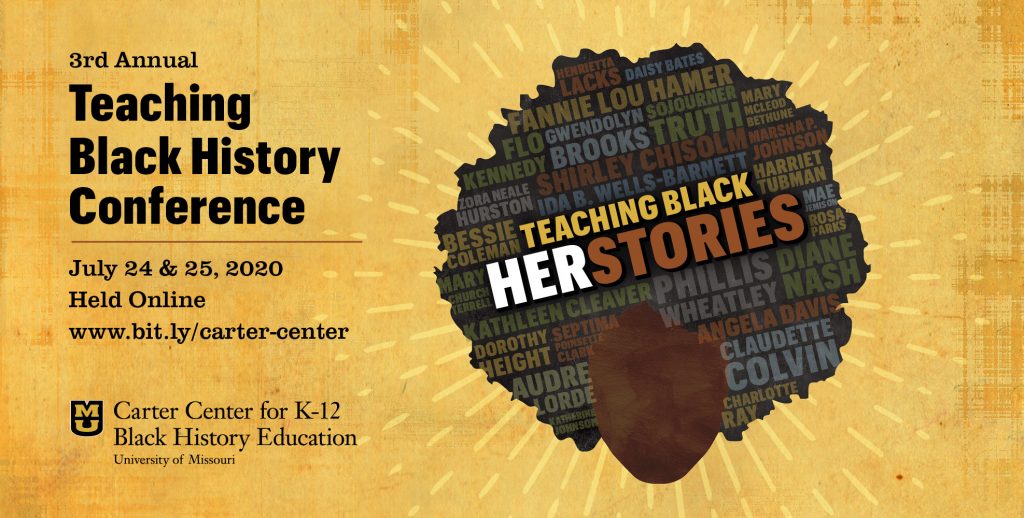Black History Curriculum Adopted in Kentucky School District

A school district in Kentucky is the first to adopt a teaching Black history curriculum developed by a University of Missouri College of Education faculty member.
Jefferson County Public Schools, a district that includes Louisville, Kentucky, has systematically adopted the “Developing Black Historical Consciousness” curriculum developed by Dr. LaGarrett King, Founding Director of the Carter Center for K-12 Black History Education and Associate Professor.
“I am humbled that Jefferson County Schools is adopting the framework in their new Black history course,” said King. “American classrooms tend to introduce Black people through slavery and omit thousands of years of African history. This curriculum helps people see that Black history is humanistic and nuanced.”
The curriculum is based on five principles, with narratives throughout that make the history come alive. The principles are:
- Power and oppression – Narratives center on important concepts to understand how Black people have been victimized throughout history. Understand how justice, freedom, equality, and equity has been purposefully ignored throughout Black history.
- Agency and Perseverance – Narratives center on how Black people fought for justice, freedom, equality, and equity. Understand that Black people were never passive, weak, or uninformed.
- Africa and the African Diaspora– Narratives center on a global Black history. Understanding ancient African civilizations while connecting and comparing the similarities and differences of Black histories around the Diaspora.
- Black joy and love – Narratives center on Black culture that have helped sustain Black people’s spirits. Grief does not dominate attitudes and dispositions or determine one’s happiness. Black joy and love is the human experience and can counteract histories that focus on white supremacy and anti-Blackness.
- Contemporary and intersectional history – Narratives connect the past to the present in order to understand Black history themes. Honors the multiple identities that inform Blackness.

In addition to conducting professional development across the country, the Carter Center is hosting the 3rd Teaching Black History Conference July 24-25 online. This year’s topic is “Teaching Black HerStories,” which examines the major role Black women have played in history. Learn more or register at www.bit.ly/carter-center.